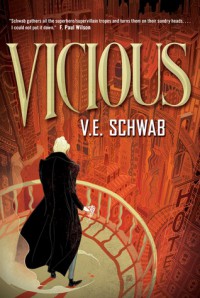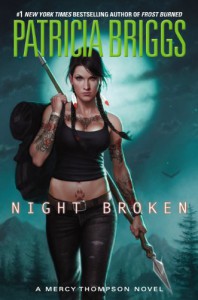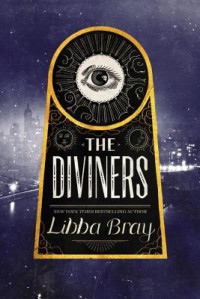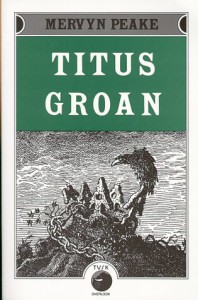
Few books leave a lasting impact on me. But this one, Titus Groan will stay with me for a long time. Mervyn Peake's writing style blew me away. Once I put the book down I could not stop thinking about it. If I had indeed some aspiration to become an author, Peake's writing style would be the one I would like to emulate. Peake's style is magical.
What marked me the most is Peake's technique to write about events that happen simultaneously. I read other authors trying to handle those parts in their stories and every time I'm left confused and only later grasp what the author initially meant to do. Here it's the complete opposite. I savoured 'the reveries' chapters. Also Titus Groan is downright hilarious.
she's so slow compared with me she looks so silly with her mouth open not like me my mouth isn't open yes it is I've left it open but now I've shut it and it's closed up and my face must be perfect like I'll be when I get my power [...]This was not an easy read. At the beginning I struggled but I'm glad I persevered.
At first glance the personages seemed bizarre, unreal yet as the story progressed I got more insight in the characters' feelings and desires. The thing is, Peake expresses and analyses their behaviour in such a way that it still feels odd. The author profoundly confronts the familiar to the point it becomes unfamiliar.
I could quote 'some' passages that left me awestruck to show the creativity and ingenuity of Peake's style but since I highlighted about 50% of the book that would rather be a difficult task.
Titus Groan is definitely five star material. This one is a keeper.
Marvellous prose, memorable characters, unique and again beautiful writing style. I'm impressed. Chapeau Peake.
Because I can't let it go:
* [Fuchsia] find herself standing with the great stage below her as empty as an unremembered heart.
* [...] his eyes, having cleared themselves of the haze, encountered no ceremonial curve of the select, but a room of scattered individuals.
* He had heard the key turn. He did not disobey the simple logic of his mind.
* There is a great yearning one for the other. A fissure of impalpable night divides them,[...] there is a lacuna.
* Dived through the keyhole, I do believe.
* They had waited there until the storm had tired of its own anger and a slow rain descended like remorse from the sky.
* We are all imprisoned by the dictionary. We choose out of that vast paper-walled prison our convicts, the little black printed words, when in truth we need fresh sounds to utter [...]
* That dreadful, palpable closeness that can only be felt when there is mutual hatred.
* The air was sickly with an aftermath of the day's heat, as lifeless as though it had been breathed before, thrice exhaled and stale.
* All was altered, stealth was no longer enough. Cunning was paramount and their wits were under test. Both had felt that theirs was the initiative and the power to surprise - but now, for a few moments at least, they were equated.
This is only a small selection.

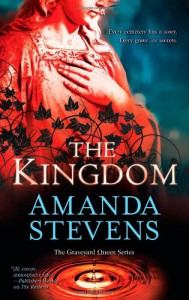
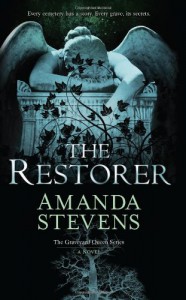

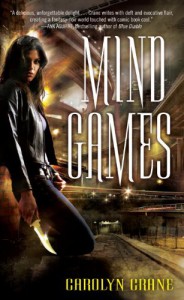

 1
1
